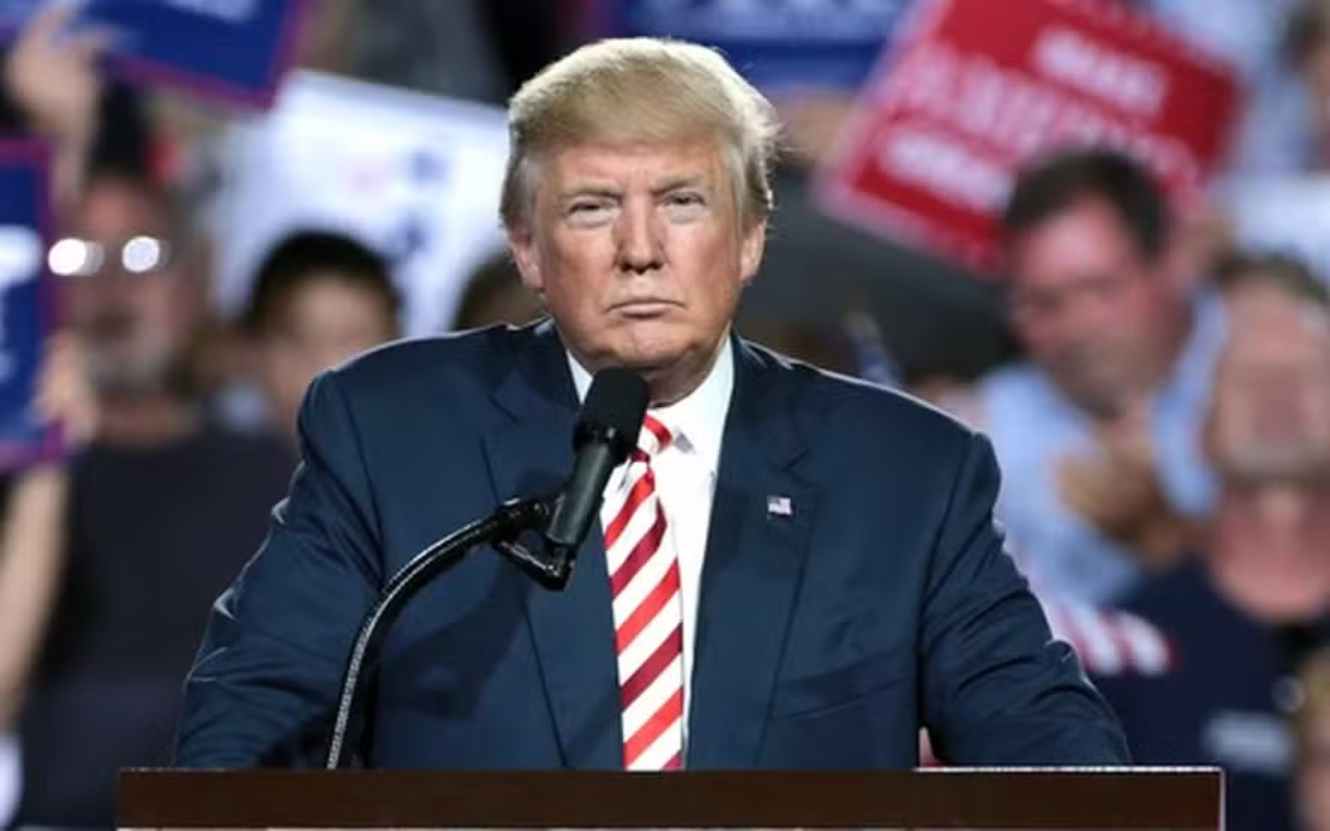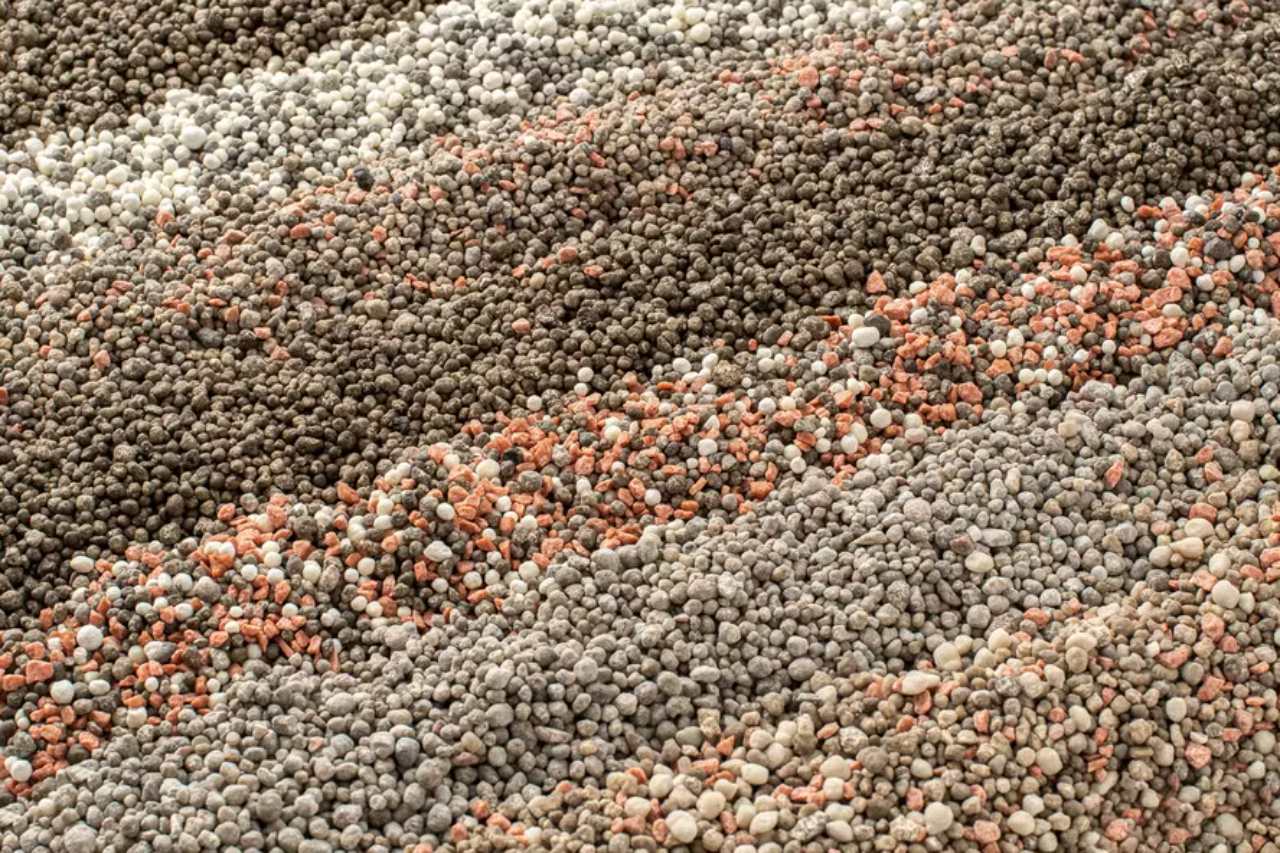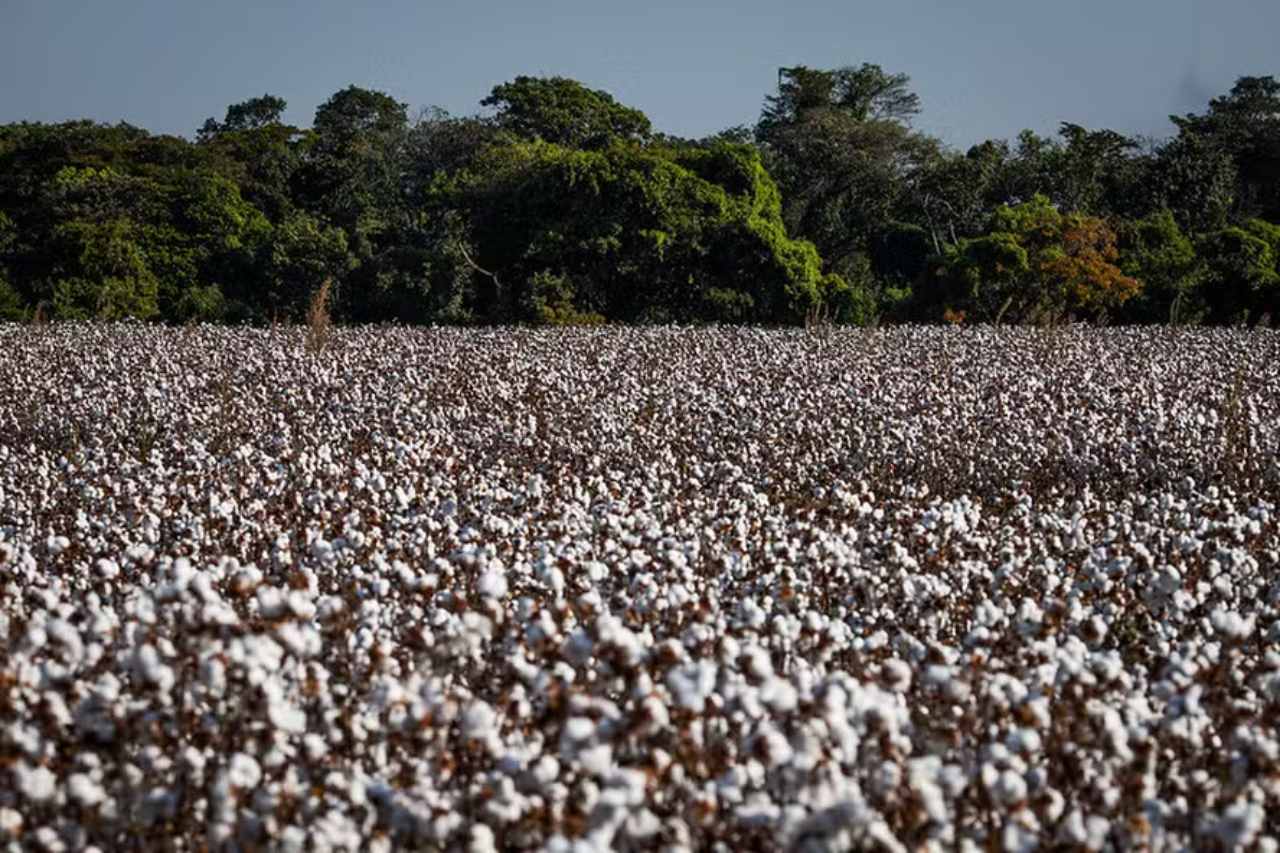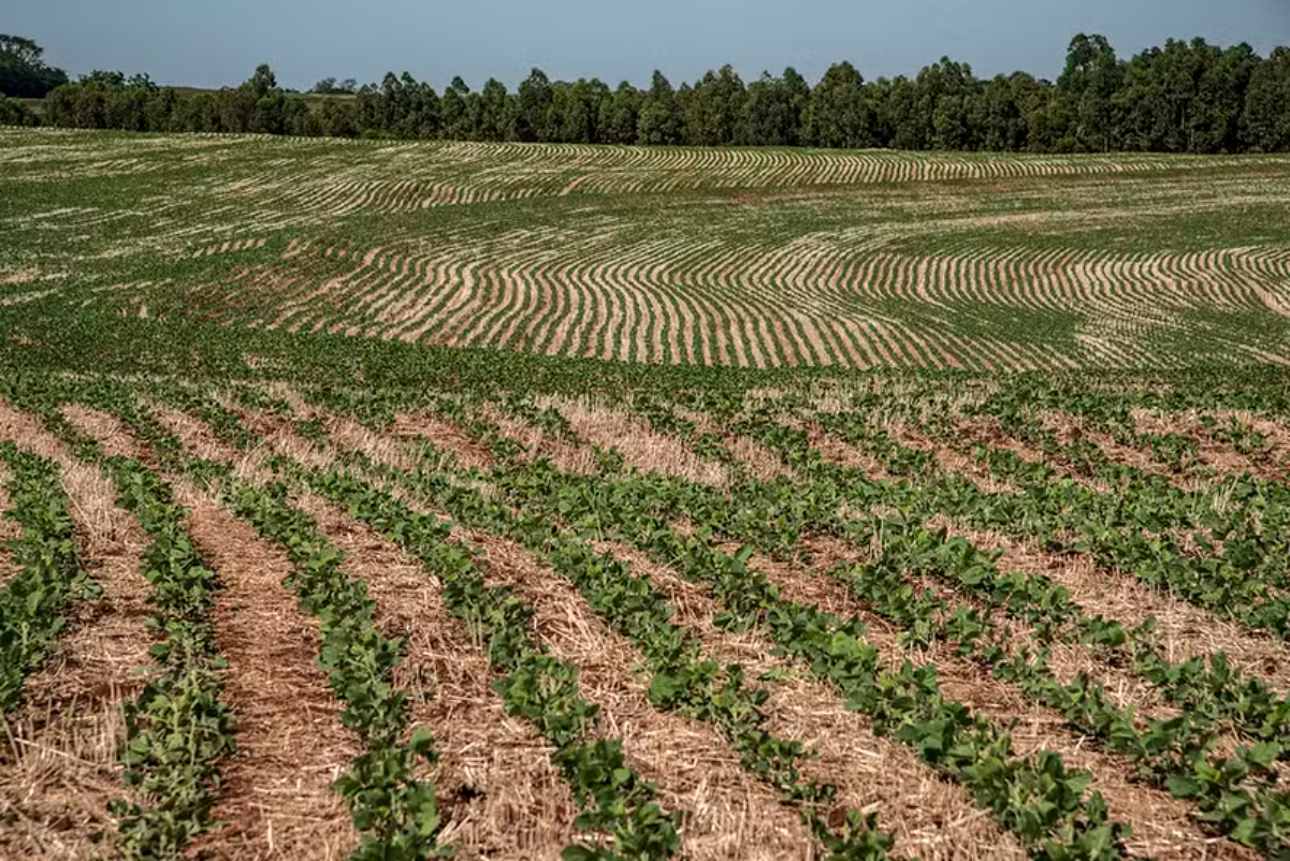Risk of protectionist spiral with the newly elected U.S. president challenges the sector, experts say.
Donald Trump’s election to the U.S. presidency raises the possibility of a “protectionist spiral” and intensified bilateral relations. His victory could pose challenges to the positioning of Brazilian agribusiness on the global stage, according to experts.
During Trump’s first term, the trade war with China ended up benefiting Brazilian agricultural exports to the Asian country, as Chinese importers turned to Brazilian suppliers. However, the scope for this effect to repeat itself is now limited.
“We are already exporting 37% of our products to China. If there is any increase [in agricultural exports to China], it will be marginal because other countries will also benefit. I think the effect of this on Brazilian agricultural exports will not be very significant,” said Ambassador Rubens Barbosa, who led Brazil’s diplomatic representation in London (1994-1999) and Washington (1999-2004), and currently presides over the Brazilian Wheat Industry Association (Abitrigo).
During Trump’s first term (2017-2020), Brazil’s agribusiness exports grew by 20% per year, covering the gap left by the reduction in U.S. exports, blocked by China’s response to tariffs on Chinese products.
Market Shifts
Marcos Jank, coordinator of the Insper Agro Global center, highlighted that Brazil now exports more products to China than the U.S., with annual export revenues of $63 billion to China, compared to $35 billion for U.S. exports to China. “We have replaced the United States in soybeans, corn, meats, and other products,” he pointed out.
Jank believes that if Trump follows through on his promise to increase tariffs on Chinese products again, it could provide Brazil with additional markets in China. However, there would also be losses.
“We could lose markets elsewhere because international trade is interconnected. If the United States doesn’t sell to China, they will continue selling to other markets,” he explained.
For Jank, the greatest threat posed by Trump is a “spiral of protectionism through tariffs and industrial protectionist policies.” “This is a return to a mercantilist past, more focused on bilateral relations than multilateral ones. And the protectionist spiral is bad for everyone,” he argued.
According to Jank, Trump’s return to the White House would strengthen a geopolitical reorganization that is not just multipolar, but also based on “friendshoring,” which prioritizes bilateral relations grounded in shared values and worldviews rather than commercial pragmatism. Jank noted that the U.S. is increasingly questioning the relationships other countries have with China.
“[Friendshoring] will catch on strongly, and it presents us with the challenge of having to engage with both sides,” he said. He emphasized that Brazilian agribusiness is currently composed of many American and European companies in sectors like agroindustry, inputs, and trading, while China remains Brazil’s main customer. “We need to maintain a prudent balance,” he added.
Geopolitical Considerations
Trump’s promise to stop supporting Ukraine in its war with Russia could have limited impacts on Brazil, according to Ambassador Rubens Barbosa. “If peace is achieved, it would normalize agricultural exports from Russia, and Brazil is a major importer of Russian oil, natural gas, diesel, and wheat. So, [this trade] could become easier,” he said. However, he does not believe that Trump will immediately cut support to Ukraine or that it will have an immediate effect on the conflict.
Trump’s new term will also have macroeconomic effects that could negatively impact Brazil. “If Trump follows through on his promise to increase import tariffs, it will be a problem for everyone because it will raise inflation in the United States, increase interest rates in the U.S. due to the public deficit, and this will have repercussions on Brazil’s economic policy. The dollar will rise, interest rates [in Brazil] will have to go up, and it will affect inflation,” Barbosa explained.
Environmental and Energy Policy Impact
Another aspect of a Trump administration that will affect Brazilian agribusiness is his stance on climate change, as well as his prioritization of fossil fuels over support for the energy transition. These policies had previously opened up opportunities for Brazil in the biofuels sector and nature-based solutions.
“This agenda now weakens,” Jank noted, believing that the U.S. will stop prioritizing global climate policies. Barbosa believes Trump will also stay away from COP30, which will be hosted in Brazil next year. “The commercial, environmental, and energy issues are, from an economic standpoint, the most negative effects for Brazil,” concluded the ambassador.





